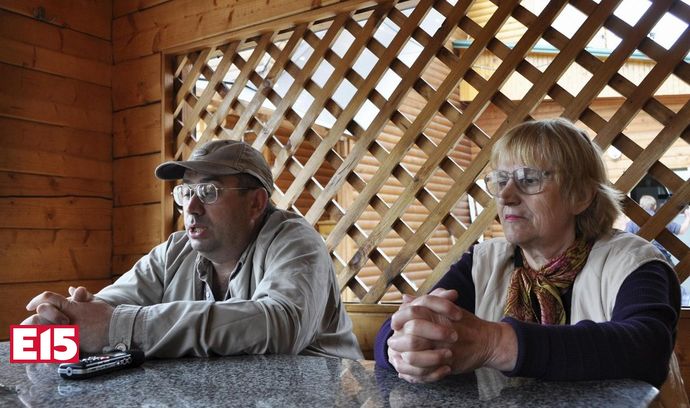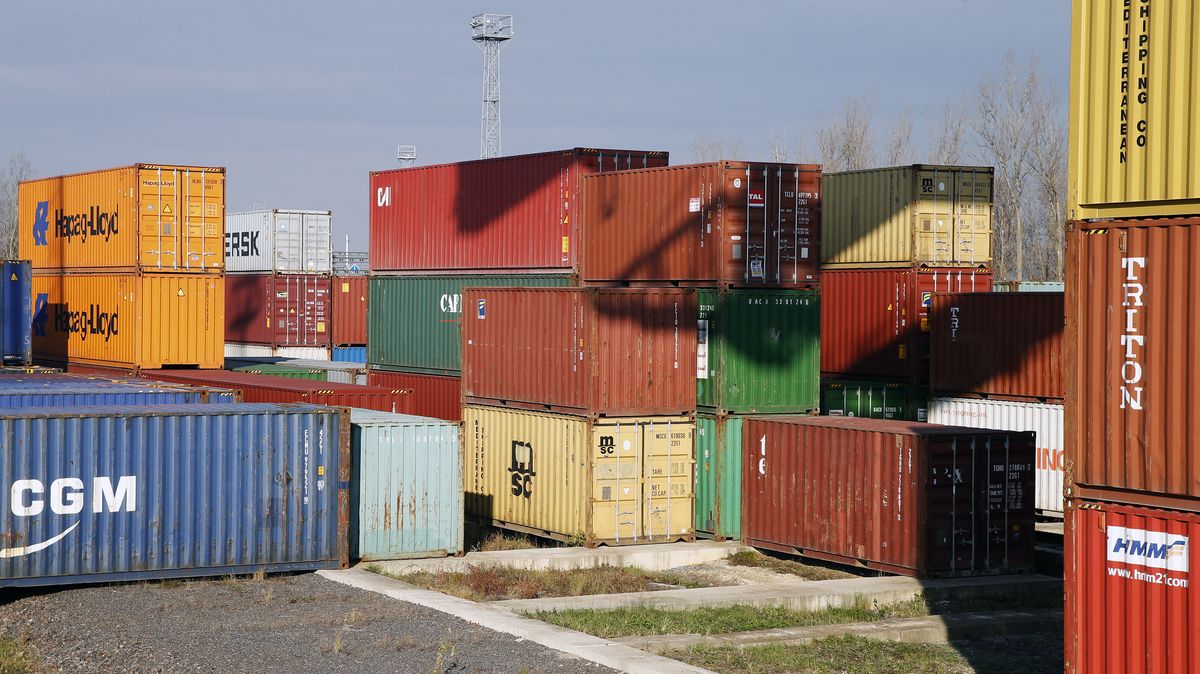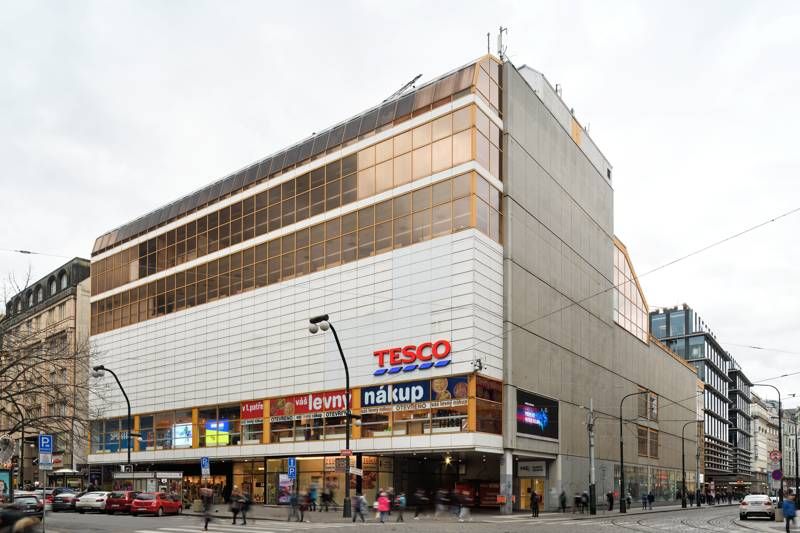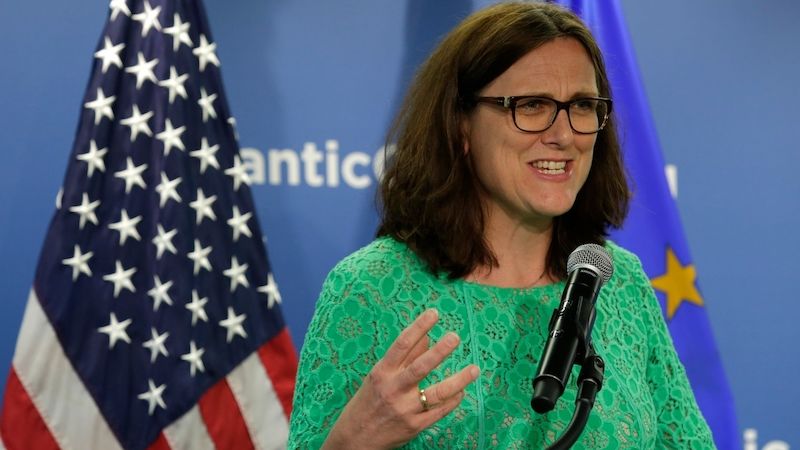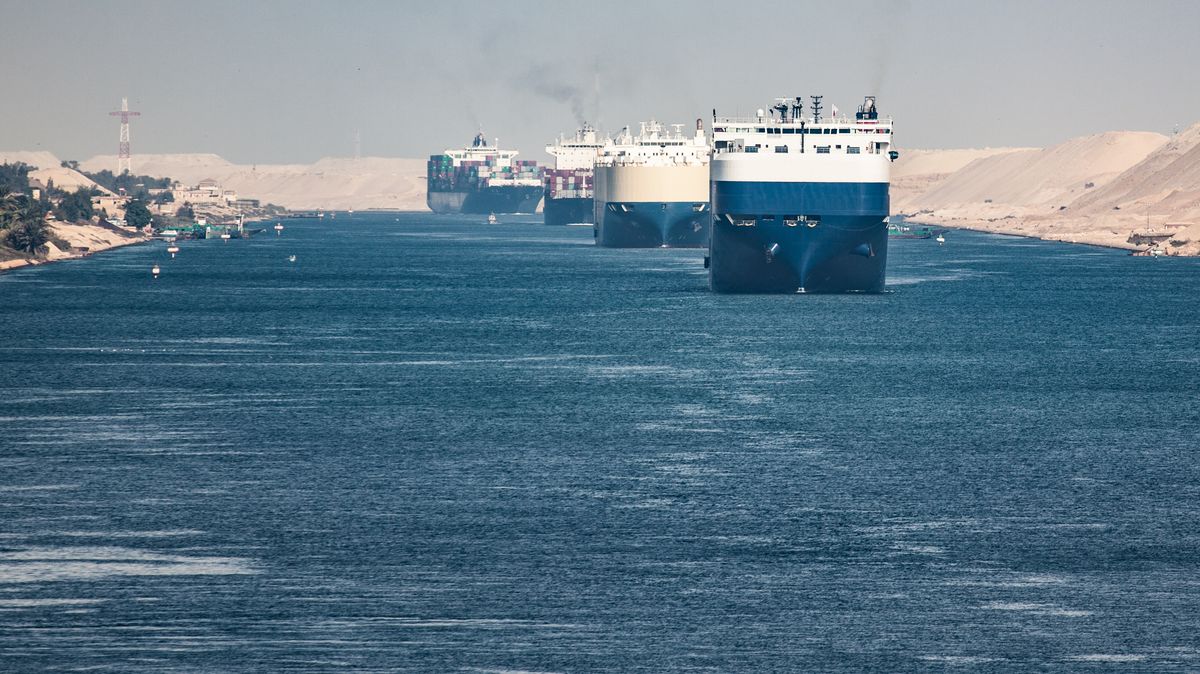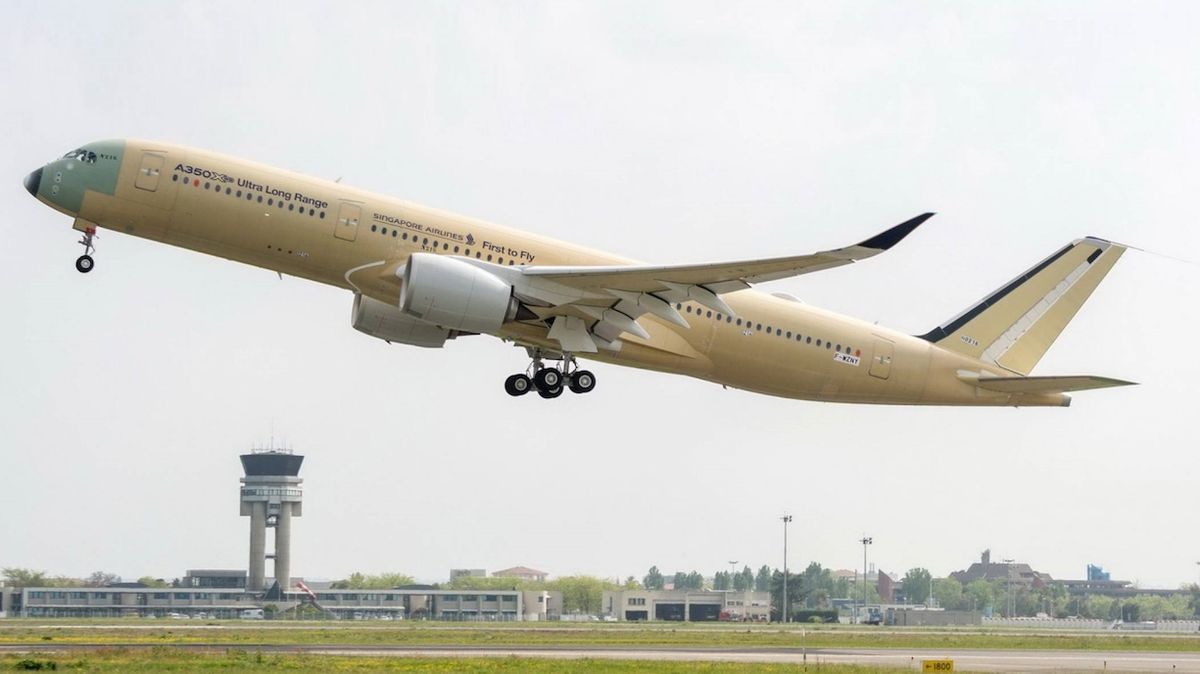More than 70 families of compatriots from Ukraine again turned to President Miloš Zeman for help with resettlement to the Czech Republic. So said Věra Doušová who submitted a list of names of about 250 people to the presidential office last week. According to him, the list includes Volhynian Czechs from western Ukraine, who had turned to Czech authorities for help twice in March, and compatriots from the east of the warring country and from Crimea, which Russia annexed in the spring.
According to spokeswoman Jiří Ovčáček, the castle will comment on the request on Monday, but last month Zeman remained in favor of the return of his Czech compatriot. Foreign Minister Lubomír Zaorálek has stated that he sees no reason for that.
“There were about 40 families from the Volyn region and about 37 from the wartime eastern region,” said Doušová, who in the early 1990s helped organize the second major wave of Volyn Czech repatriations to their ancestral homeland and today represents them in the Czech Republic. “This is a request to the president to help bring these families to the Czech Republic,” explained the contents of the letter, which this time only reached Zeman’s desk.
“The president sees it as hope. He said that he has been dealing positively with the Ministry of Interior and he still sees it as something long-term with the Ministry of Foreign Affairs,” Doušová interpreted Zeman’s opinion. The president’s statement will be conveyed by his spokesman at a press conference on Monday. On September 11, Zeman had asked the Minister of the Interior, Milan Chovanc (ČSSD), to fulfill a request for the repatriation of 40 Czech Volhynia families, who turned to Czech representatives with this request in March against the backdrop of the outbreak. of the Russian-Ukrainian conflict over Crimea.
According to Zaorálek, he did not want the Czech Republic
Zaorálek then went to Žytomyr and met his compatriots there, but he was not under the impression that Czech Volyn wanted to move to the Czech Republic en masse, or that the situation in the region would force them to do so. He stated at the time that the ministry was not planning mass transfers of his compatriots to the Czech Republic and wanted to help them more on the spot, for example by providing other Czech language teachers.
However, according to Doušová, these people were afraid to speak publicly about their desire to go to the Czech Republic, because the Czech embassy in Ukraine was pressuring them in this direction. According to his information, this pressure came directly from Prague, from Zaorálek and the Ministry of Foreign Affairs. These claims were noted by ČTK and other sources which he said were related to attempts not to undermine the pro-Western position of the Kyiv government.
Only three families
“I got this information from compatriots who wrote to me. Our consulate treated them very well until the war broke out. But then it changed and people said they were afraid to go to the consulate. They felt that they were no longer welcome and their attempts to move were not welcomed . Therefore, they feel guided by instructions from the Ministry of Foreign Affairs,” explained Doušová.
At the request of his compatriots, he allegedly forwarded the new request only to Zeman. “Until the government agrees, they don’t want me to give their name, address and social security number to the Ministry of Foreign Affairs,” he said. The first two requests from March did not include the specific names of the repatriation applicants. Ludmila Muchinová, president of the Czech association in Ukraine, said recently that she only knows of three families who wish to return to the Czech Republic.
5 thousand Czech
However, ČTK has provided part of the upcoming documentary directed by Jakub Motejzík and screenwriter Lenka Králové My Private War, in which more than two dozen Czechs from Volhynia are caught wanting to go to the Czech Republic, and some of them ask the president for help resettlement. “Mr. President, I beg for the sake of the young, to help them move to Bohemia, to our ancestral families,” one Czech woman from Volhynia addresses the head of state in broken Czech in this clip from this spring.
There are currently around 5,000 people living in Ukraine who claim Czech origin. Two large waves of expats returned to the former Czechoslovakia in the past. After the Second World War, some 40,000 descendants of former emigrants came from Bohemia, and in the early 1990s nearly 2,000 others, who had fled their homes mainly because of health risks following the accident at the nuclear power plant at Chernobyl.

“Tv nerd. Passionate food specialist. Travel practitioner. Web guru. Hardcore zombieaholic. Unapologetic music fanatic.”

